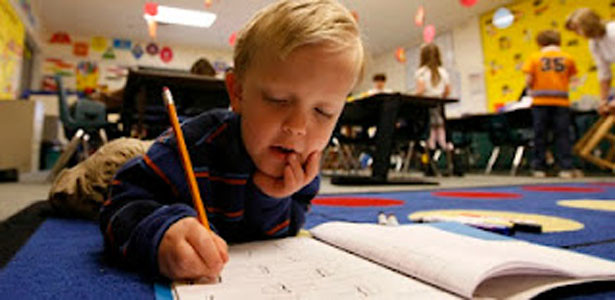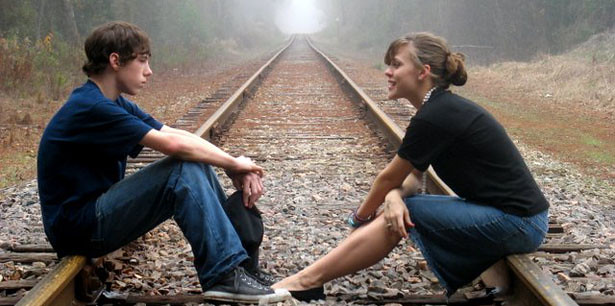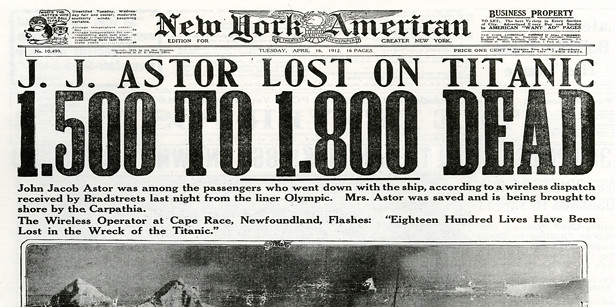
Dion: How do you like living in the big city?
Rini: There are many things that are better than living in the country!
Dion: Can you give me some examples?
Rini: Well, it certainly is more interesting than the country. There is so much more to do and see!
Dion: Yes, but the city is more dangerous than the country.
Rini: That's true. People in the city aren't as open and friendly as those in the countryside.
Dion: I'm sure that the country is more relaxed, too!
Rini: Yes, the city is busier than the country. However, the country is much slower than the city.
Dion: I think that's a good thing!
Rini: Oh, I don't. The country is so slow and boring! It's much more boring than the city.
Dion: How about the cost of living? Is the country cheaper than the city?
Rini: Oh, yes. The city is more expensive than the country.
Dion: Life in the country is also much healthier than in the city.
Rini: Yes, it's cleaner and less dangerous in the country. But, the city is so much more exciting. It's faster, crazier and more fun than the country.
Dion: I think YOU are crazy for moving to the city.
Rini: Well, I'm young now. Maybe when I'm married and have children I'll move back to the country.

















